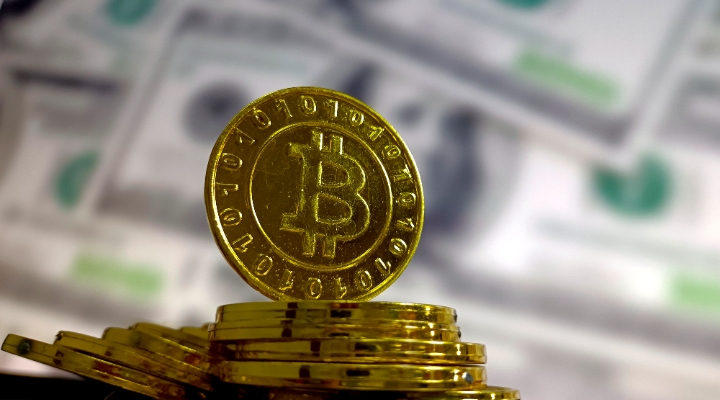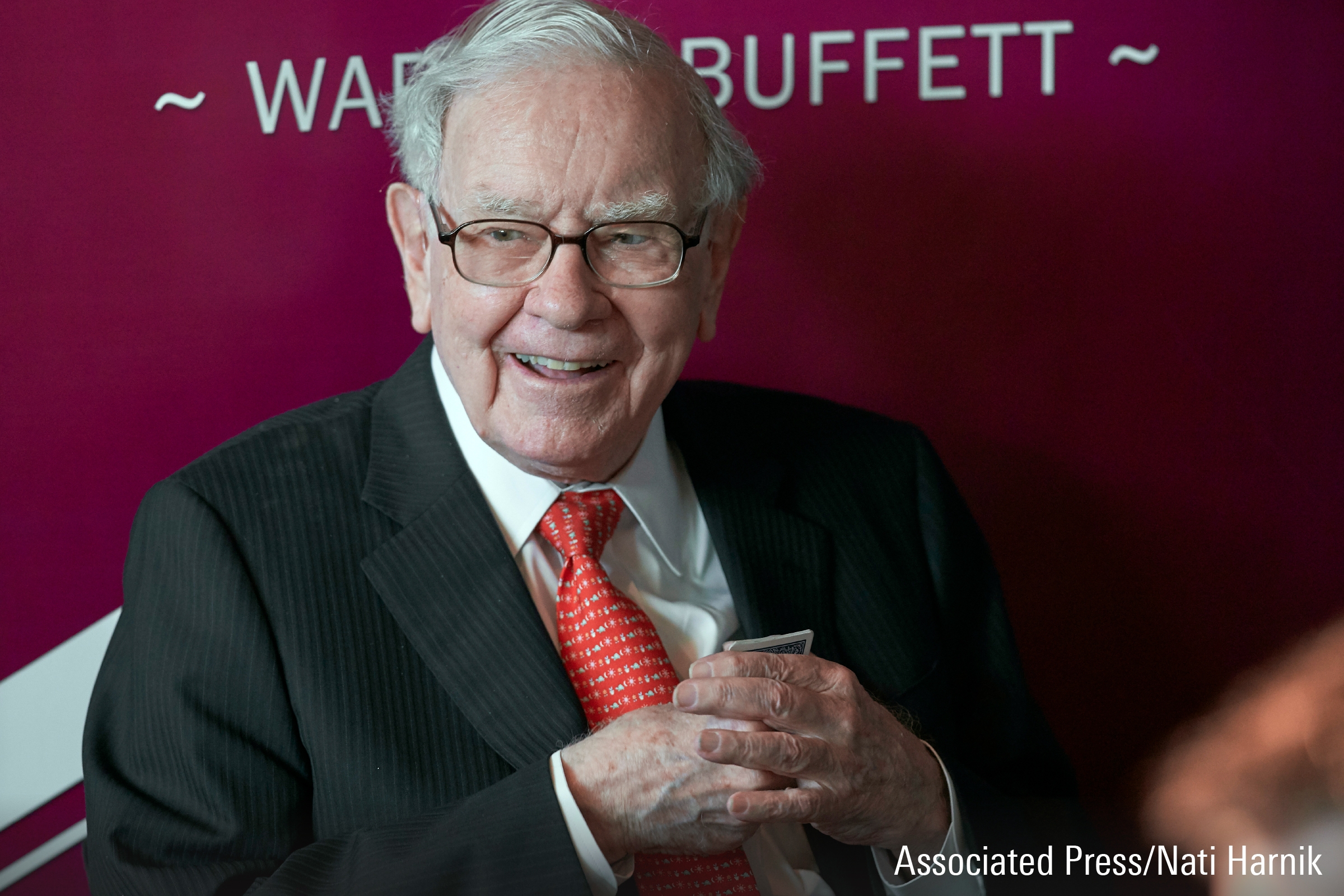
Investing in emerging economies is rarely for the faint-hearted – while gains tend to be amplified relative to developed world equities, losses are too – and a long-term horizon is very much recommended.
And 2018 was a tough one for emerging market investors, with the MSCI EM Index declining 14.52%, just shy of 2015’s 14.92% and its third year of double-digit losses since 2009. By comparison, MSCI World lost less than 9%. Emerging market debt suffered, too.
There were myriad factors that conspired to dent emerging markets, including a strengthening dollar, continued interest rate rises from the US Federal Reserve and trade tensions between the US and China.
Despite these being clear headwinds, Chetan Sehgal, manager of Templeton Emerging Markets Investment Trust (TEM), thinks the scale of the sell-off in emerging market assets was “an absolute crisis of confidence”.
“Towards the end of October, we were starting to think the market was becoming far too pessimistic because, although fundamentals did get impacted during the year, valuations started reflecting a far worse outcome,” he says. As a result, a rebound was expected.
That’s maybe happened quicker than might have been hoped. The MSCI EM Index is already up 8.98% through the first 36 days of 2019. So, a lot of that negativity has been discounted already. So, where does that leave valuations?
Clearly, they had become attractive towards the tail-end of last year. And while some of the value may have disappeared sharpish, MSCI World has actually outperformed the EM index. On a relative basis, then, there’s a case for more gains.
Emerging Market Headwinds Recede
Add to that the trio of headwinds from 2018 beginning to abate and we could see emerging assets rally through the course of the next 11 months.
Indeed, the US dollar has begun to soften already; the Fed is becoming increasingly dovish and markets are pricing in zero rate hikes this year and potential cuts in 2020; and China and the US are locked in talks to end the trade war with a resolution expected before February is out.
So, things are looking up. And that’s reflected in recent changes to growth forecasts from the International Monetary Fund (IMF).
Developed market growth is now expected to slow from 2.3% in 2018 to 2% and 1.7% in 2019 and 2020 respectively. For emerging markets, while growth in 2019 is set to slow from 4.6% in 2018 to 4.5% next year, it should then accelerate to 4.9% in 2020.
This is important to highlight, says Kevin Daly, investment director for global emerging market debt at Aberdeen Standard Investments.
That’s because the EM-DM growth premium – the difference in growth between emerging and developed economies – closely correlates with the performance of emerging market currencies.
When the differential fell from 6% in 2009 to 2% in 2015 due to emerging market growth slowing, the emerging market FX spot price fell by around a third. Should that reverse, therefore, emerging market currencies, which Daly says are undervalued in historic terms, should bounce back.
Improving Corporate Governance
Templeton's Sehgal is still positive that emerging market equities have further to rally. Another reason for his confidence is improvements in corporate governance in some of the largest companies in the universe. “I think people are missing this point a lot,” he says.
“A lot of the largest companies, which never used to return money to shareholders, have now started looking at active share buybacks.”
This point is reflected by Ben Peters and Chris Elliott, managers of the Evenlode Global Income fund. While their fund has no direct exposure to emerging market stocks currently, they say they are looking for opportunities.
“We do have a number of emerging market-listed businesses in our sight and we certainly wouldn’t preclude that through time, providing we can get comfortable with the governance arrangements,” says Peters.
Trevor Greetham, head of multi asset at Royal London Asset Management, says his funds upped their exposure and went overweight emerging markets at the end of 2018, for reasons outlined previously.
"If you believe China is easing policy and the Fed is pausing, that’s a period you might expect emerging markets to outperform,” explains Hiroki Hashimoto, senior quantitative analyst at RLAM. “That’s part of the reason we were very short emerging markets last year, went to neutral and now we’re overweight.”
Morningstar Investment Management see value in some areas, too. Unloved areas such as emerging Europe offer decent reward for risk on the equity side, while both hard and local currency emerging market debt is also attractive due to high relative yields.
On the debt side, Daly thinks local currency bonds look attractive relative to 10-year Treasuries, with real yields on the former around 300 basis points higher than real rates on the latter.
What Could Spoil the Party?
There are risks, of course. Should a trade deal not materialise, China will continue to be in the spotlight. That said, investors are likely to move on to worrying over slowing growth in China even if we get a positive outcome on trade, says Daly.
But officials in China continue to have plenty of levers left to pull to support steady levels of growth moving forward.
Moreover, even if the trade argument will be easily put to bed, Sehgal notes the longer-term issue that underlies America’s hostility towards China – namely the fact China is challenging the US’s place as the world’s great financial superpower – will remain.
Finally, a fly in the ointment would be the possibility of the US dollar defying predictions of its imminent demise and continuing to strengthen. It’s not the consensus view, but it’s one that research provider Capital Economics puts forward.
“We expect the greenback to be a major beneficiary, together with the yen, of a move away from ‘risky’ assets as growth in the world’s largest economies slows,” says analysts at the firm.
“Downturns in the US stock market – which have regularly coincided with those in the US economy – have been accompanied by a stronger dollar during the last two recessions. We are not forecasting a recession this time around, but we still expect growth in the US economy to slow sharply.”































